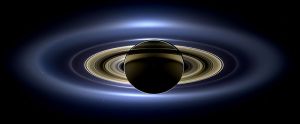This post is a response by Alexandre Borovik to my previous post. The following words then are Sasha’s:
Dear David,
I joined the AMR. In my view, its areas of activities are sufficiently clearly defined [on its homepage]:
The AMR has several initiatives under development. These include:
- AMR colloquia, lectures and workshops, exploring new ways to present research
- Updates and reviews of new research
- Reviews of classic influential papers
- Discussions of open problems
- Video expositions of mathematical research
- AMR journals and publications leveraging new technological opportunities
- Interviews of mathematicians
- Developing new ideas for the flourishing of the international mathematical research community







